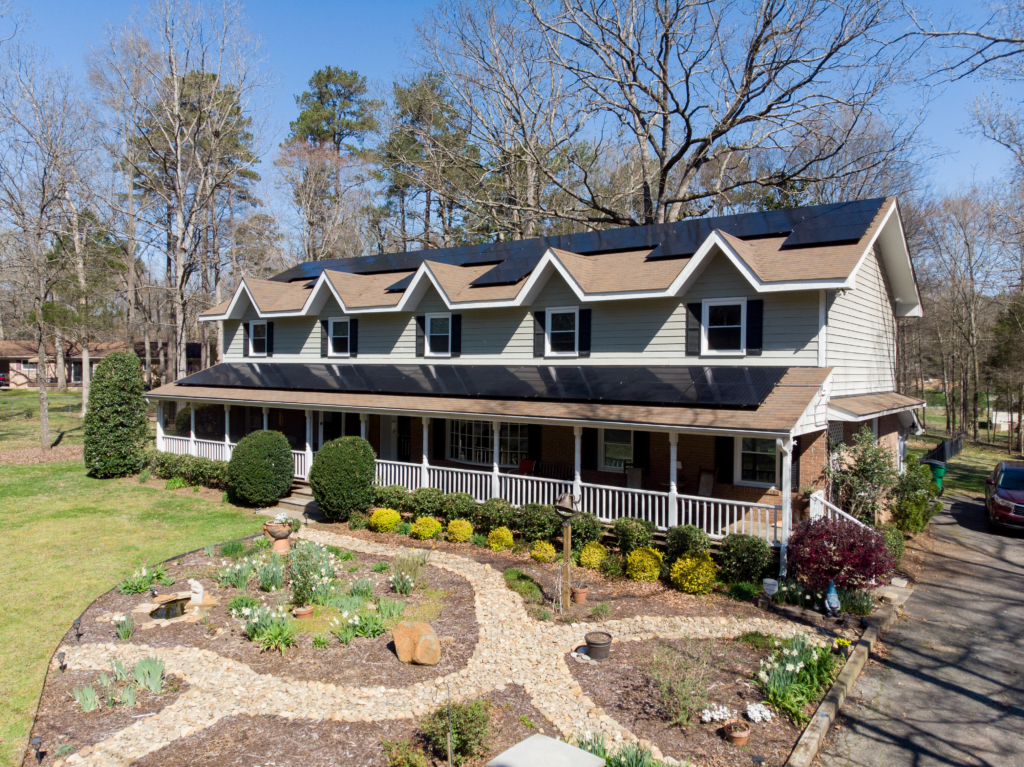Energy Storage and Solar Utility Mandates
Energy Storage and Solar Utility Mandates
Energy storage and solar utility mandates for the energy customer are a benefit when they purchase a backup battery installation. Some customers are excited to be able to keep a reserve of solar energy they produced and use it any time of day, while others consider the peace of mind of using clean energy nearly seamlessly during grid outages the biggest advantage of storage. In the Southeast, hurricanes can cause widespread outages that take days or weeks to resolve and restore.
What are the benefits of energy storage and solar utility mandates?
Storage also benefits energy providers, and in some states energy regulators have picked up on this and are taking steps to encourage storage to expand, including distributed storage technology. Energy utilities in some parts of the U.S. – California for example – have been mandated to procure more energy storage. And in May 2018 California elected to require solar on all new homes that are built, and many of those buildings are great candidates for incorporating storage too. The state is now more than halfway toward its ambitious targets for increasing storage, including some transmission-connected, customer-owned energy storage resources. Some of these same utilities offer incentives for customers to get storage and self-generate solar energy.
Increasingly, entities like home builders and rural electric cooperatives are picking up on the benefits of incorporating solar and small energy storage, with builders seeing a way to help homeowners establish a secure, energy efficient castle that lives up to their dreams and doesn’t compromise on energy autonomy or automation. Coops are motivated to pursue experiments with energy storage to make service as resilient and reliable as possible, and to cost-effectively combat transmission and distribution challenges like line congestion and supplying power at times of high demand.
By choosing to add energy storage to enhance your home’s solar energy system, you’re joining this wave of the future and benefitting from solar utility mandates.

Frequently Asked Questions About Solar for Your Home:
How exactly does going solar and a solar system itself work?
How many solar panels do I need for my home?
Roof-size/available space: When we look at the size of your roof and the space available, we gather data that tell us the maximum number of solar panels your home or site can hold and we even consider shading. We use a software “Suneye” which takes a 360 picture of your roof and we use this photo to determine if your home is a good candidate for solar.
Energy Usage: When we determine energy usage we look at your past electrical bills from over the course of a year to make sure your system isn’t too big or too small.
Your Budget: We take your budget seriously and most importantly, we want you to be satisfied with our services. We take your feedback on how much you want to spend so that we can size your system appropriately.
What is solar net-metering?
Does Duke Energy offer net-metering?
Curious about the cost of a home solar system?
Ready to Own Your Own Energy?
Speak to Us Today!
